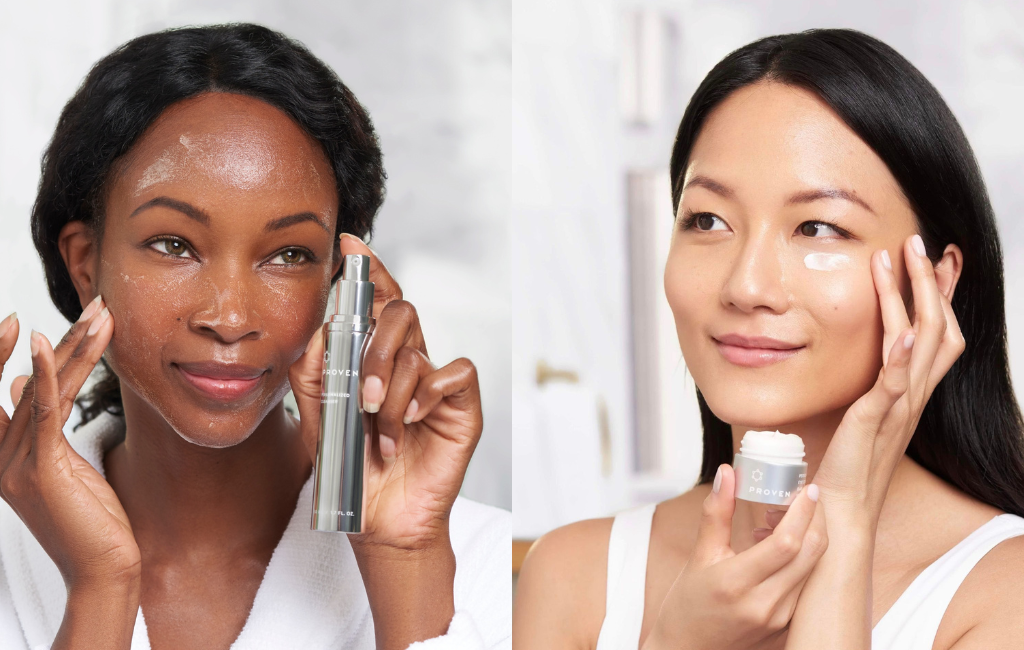PROVEN Skincare
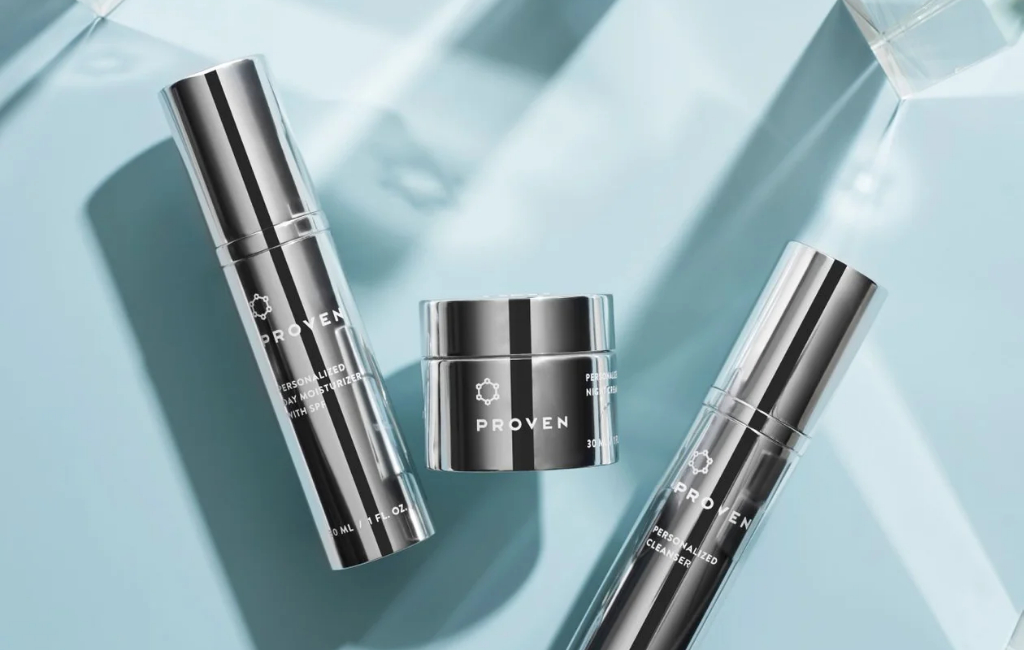
NO DEAL
EPISODE SUMMARY
🕓 Air Date: May 6, 2020
Asking For:
$500,000 for 5%
Investor:
No Deal
Deal:
No Deal
PRODUCT SUMMARY
PROVEN skin care utilizes artificial intelligence and the Skin Genome Project to create personalized and effective skincare regimens tailored to individual skin types and lifestyles.
WATCH HERE
IN A RUSH?
Click these to jump to the section you want to read.
Background Story
Ming Zhao, the founder of PROVEN skin care, entered the Shark Tank seeking $500,000 for a 5% equity stake in her San Francisco-based company. Ming identified a problem in the beauty industry where skin types were often oversimplified into four categories, leading to a cycle of expensive trial and error for consumers.
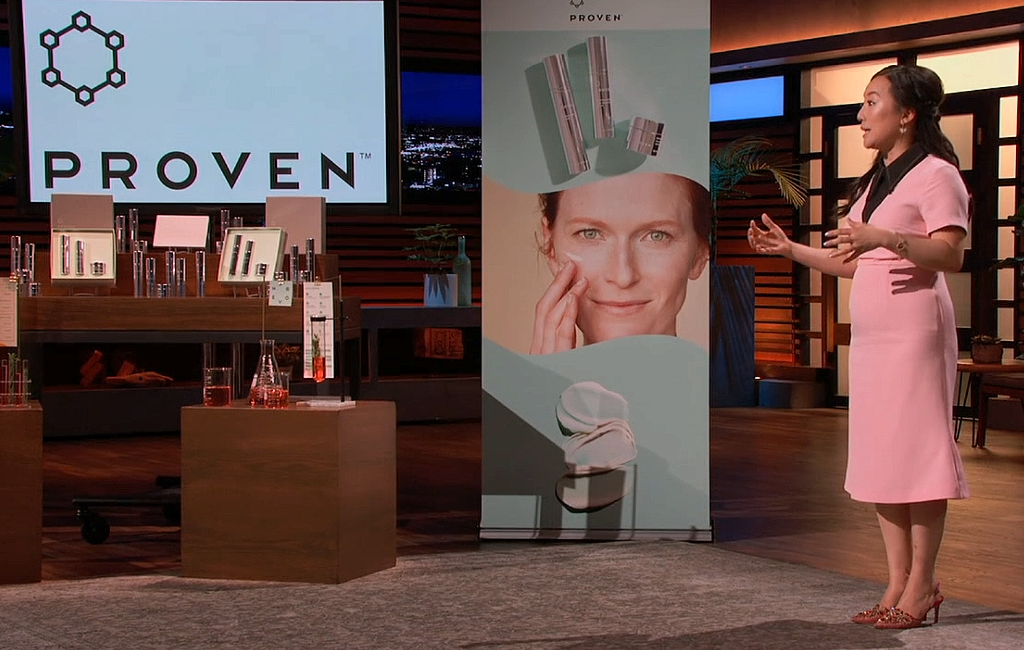
Determined to revolutionize skincare, Ming introduced PROVEN, a technology-driven approach that utilizes artificial intelligence and the Skin Genome Project. The Skin Genome Project is a proprietary database, the largest in the beauty industry, which has earned recognition with MIT’s AI Technology of the Year Award.
The Product
PROVEN’s process begins with a free three-minute Skintelligence quiz on their website, covering aspects from skin concerns to stress levels, locality, and pollution exposure. Leveraging the Skin Genome Project, scientists then craft a personalized skincare routine, including a cleanser, night cream, and day SPF, each containing ingredients tailored to the individual.
The technology behind PROVEN involves analyzing over 20 million consumer reviews and 4,000 clinical research papers to identify effective ingredients for different demographics. While the term “Skin Genome” might suggest a genetic component, it currently refers to the synthesis of vast amounts of skincare data rather than genetic information.
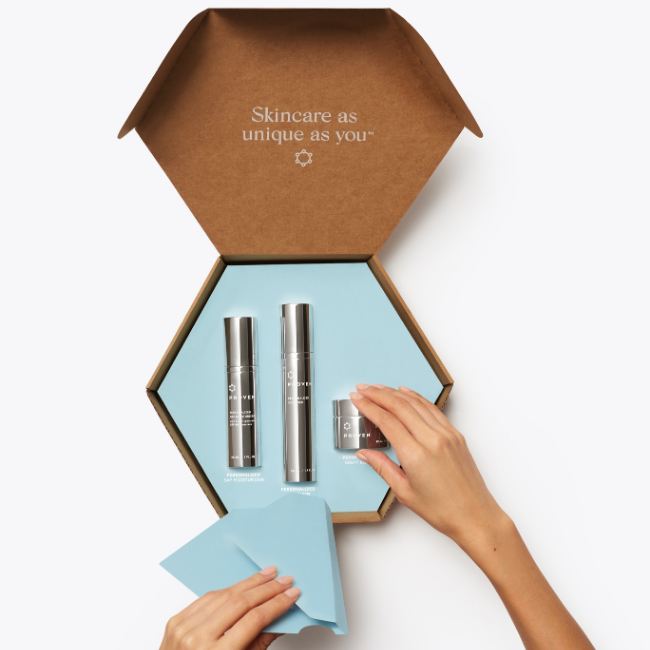
How It Went
The company’s position before Shark Tank
During the pitch, Ming revealed that PROVEN had completed a beta trial, generating $110,000 in sales over two months, primarily through digital channels like Facebook ads. Notably, the company had spent $90,000 on advertising during this period. Despite the competitive nature of the skincare market, PROVEN aimed to differentiate itself as a technology-first consumer packaged goods (CPG) company.
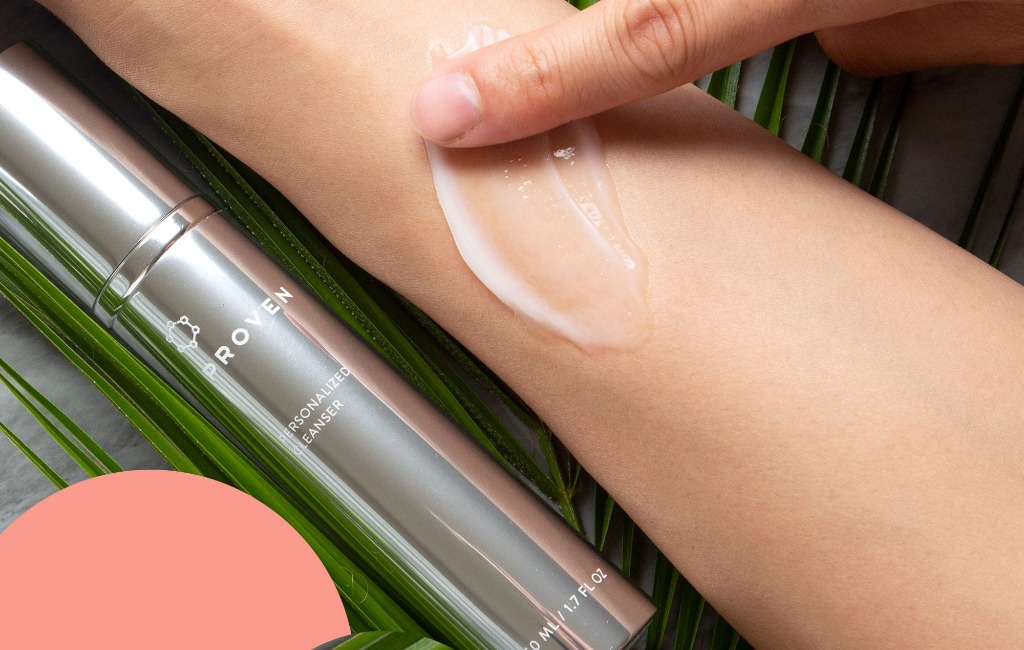
Ming disclosed a licensing agreement worth $3.5 million for the use of PROVEN’s technology in an adjacent category – baby care. While the Sharks expressed concern about the intense competition in the skincare market, Ming emphasized her ambition to establish PROVEN as a technology-enabled CPG company.
The Negotiations:
Despite the impressive technology and awards, the Sharks were skeptical of PROVEN’s valuation. Ming sought $500,000 for a 5% equity stake, implying a $10 million valuation. The negotiation took a challenging turn when Kevin O’Leary criticized the valuation as “ridiculous” and, along with other Sharks, raised concerns about the fierce competition in the skincare industry. The discussion delved into PROVEN’s financials, revealing $6 million in funding raised so far, with projections of $3 million in sales for the fiscal year.
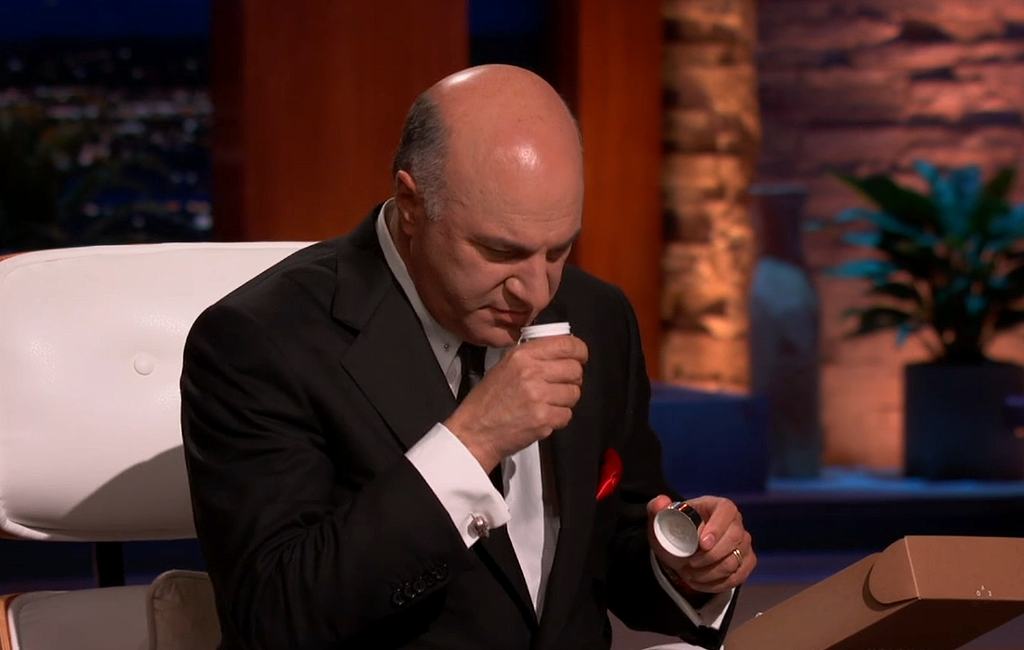
The Sharks expressed skepticism about the customer acquisition cost and the need for continual advertising spend. Although Ming defended the business decisions as part of ongoing experimentation with new channels, the Sharks remained unconvinced. Ultimately, none of the Sharks made an offer, and Ming left the Tank without a deal, despite expressing confidence in her vision and determination to continue innovating in the skincare industry.
